Written by Kareem LaTouche and Margaret Downie
The corner shop has played a major role in the lives of many Jamaicans, especially back in the day. For those of us who grew up in a rural community, where there were very few accessible supermarkets, the corner shop was our only access to certain goods.
Going to a supermarket or a Mart required us traveling to the town center. For me, the closest mart was in Morant Bay and that was a 15 miles journey from Somerset. I imagine it was the same arduous task for many others.
The shop that served my community was operated by a lady called, Miss Betty. She was a beautiful, short, Indian lady, who was extremely smart and the dominant one in her marriage.
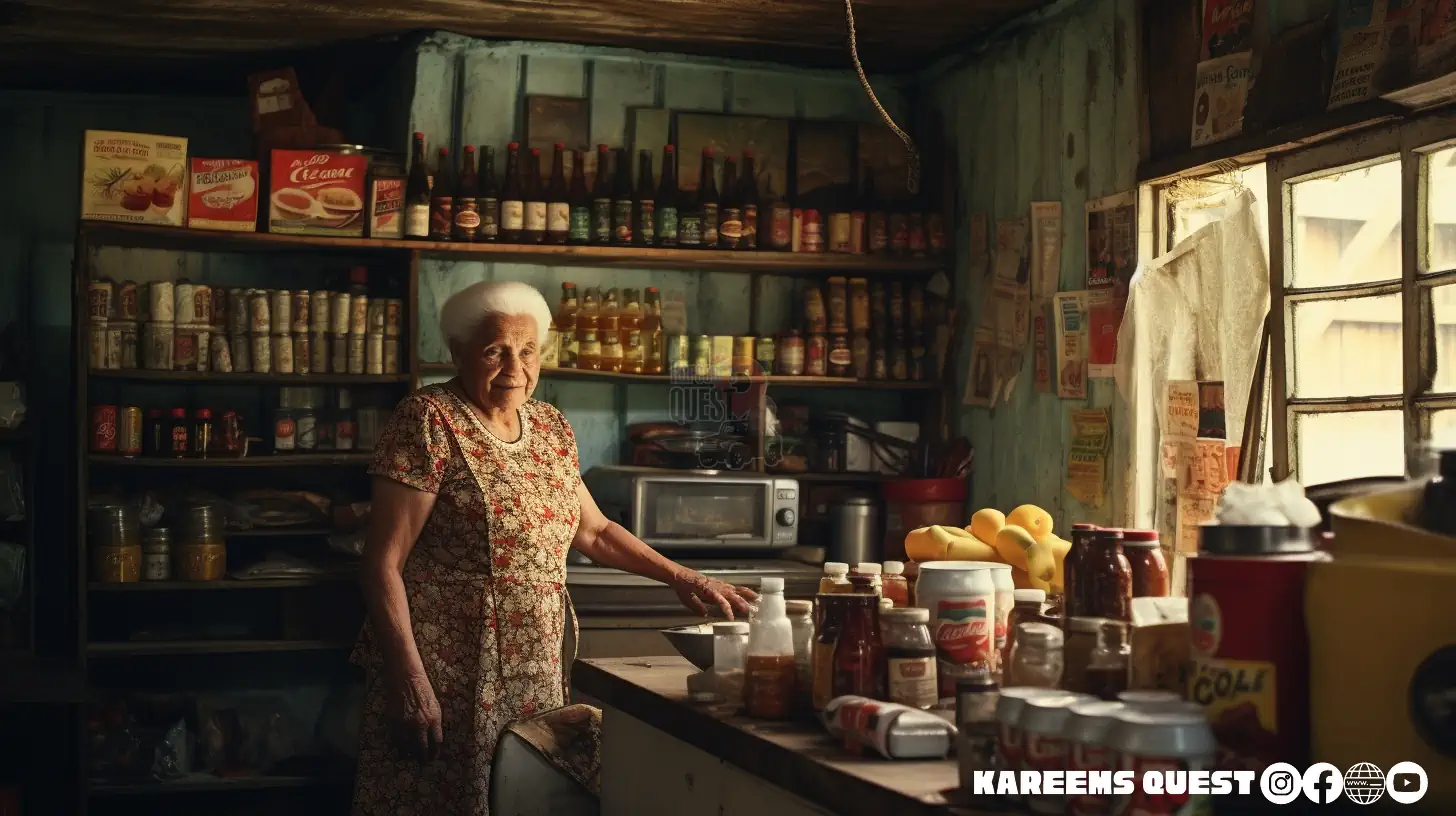
The shop was conveniently located at the crossroads of Trinityville, Somerset, Mount Lebanus and New Monkland, St. Thomas.
In general, shopkeepers were usually astute at business, as their establishments were at central points that were easy to access by many communities.
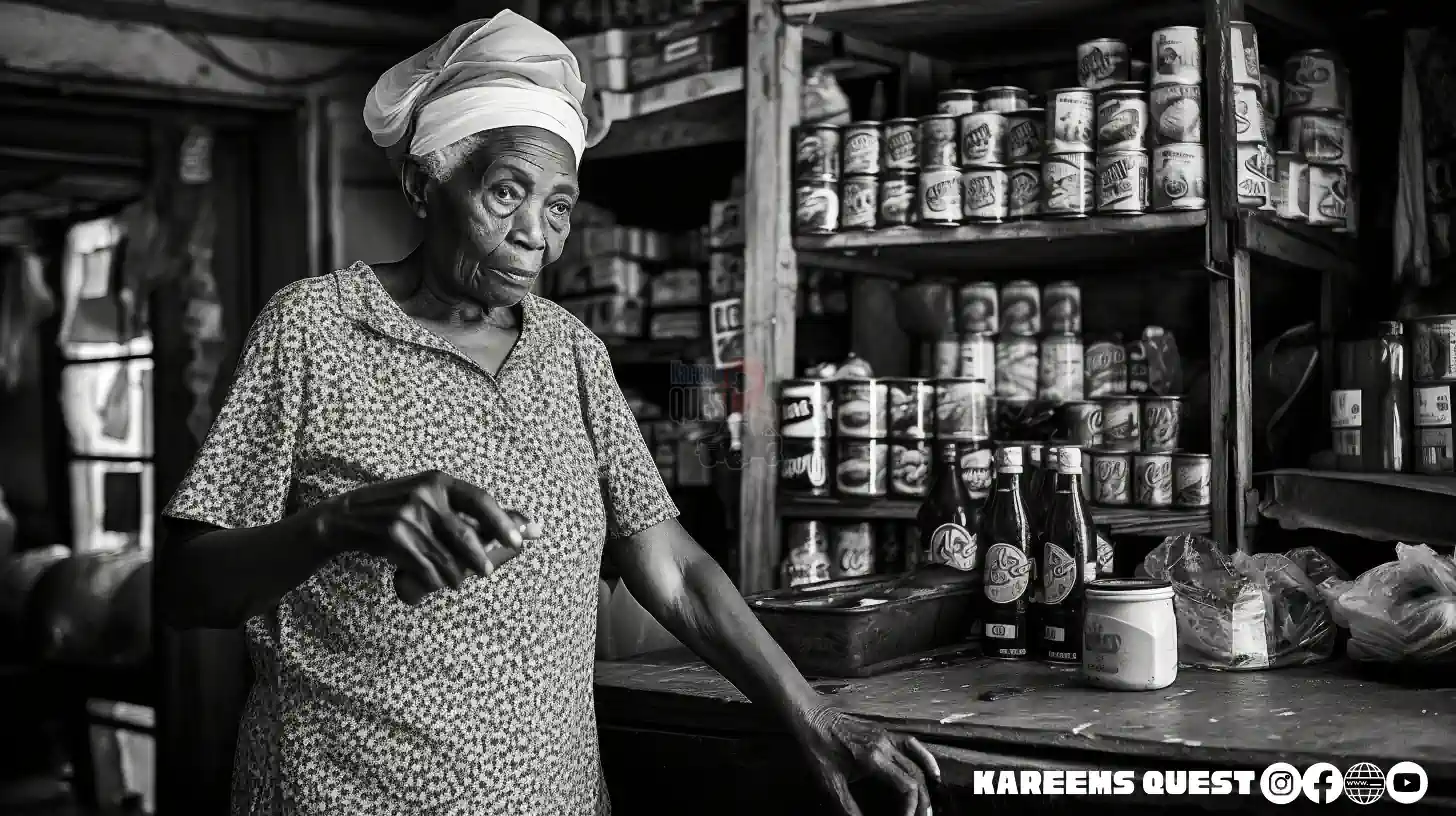
In the daytime, especially on weekends, kids would be sent with money in their hand and a note to give to the shopkeeper.
This was a crucial part of the experience, as some parents were not literate and so the child would have to memorise the list. It was also a great way to get permission to leave the house and so many children tried their best to not forget the items and risk not being given the privilege to go out again.
I had a friend who would sing the entire list, on her way to the shop, when we would call to her, she would ignore us, so she didn’t break her concentration.
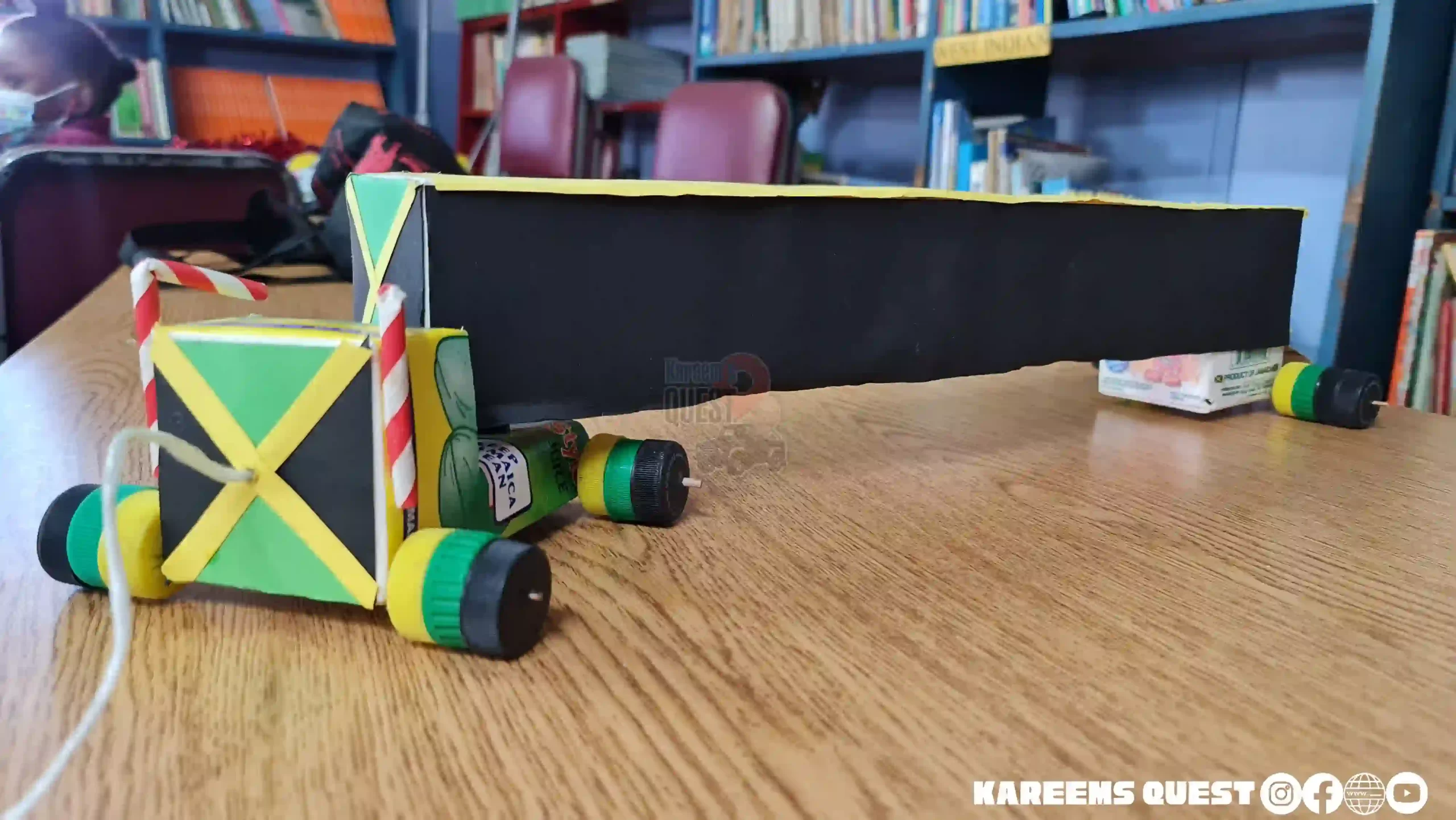
For us as boys, we used the opportunity to showcase our homemade toy trucks, made from bottle stoppers and box drinks.
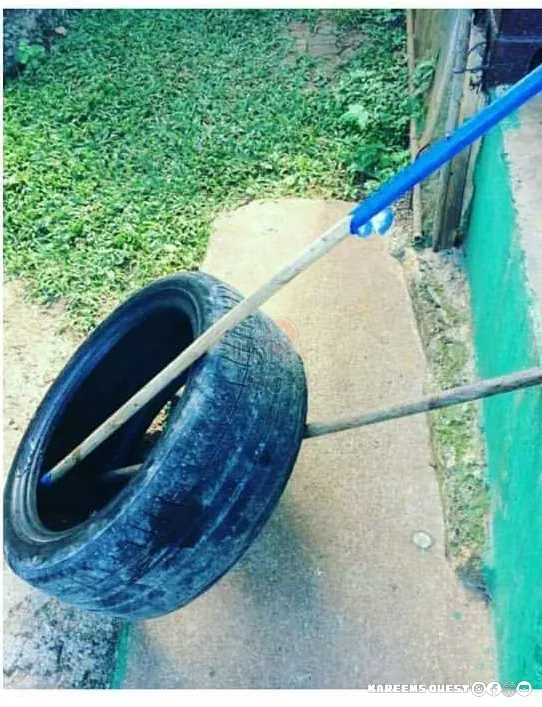
Others had a wheel made from a garden hose that was guided by a hook, made from a clothes hanger. It was a big racing competition for us to see who could reach the shop the fastest.
Once we got there, we would walk past the Tongue and groove doors and then bang our hands on the counter and yell “serve!” As with many shops, they were attached to the house of the shopkeeper, and when there was no activity, that person would head over to their home, hence the use for yelling “serve!”
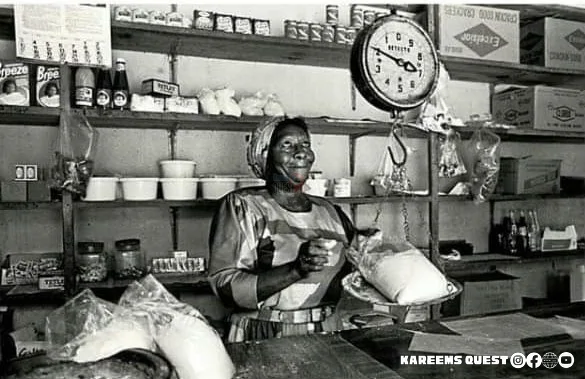
Most of the time the list consisted of things that were used on a daily basis. For example, ¼ loaf of bread and this would be wrapped in a brown paper. Two pounds of mixed flour, that is one pound of cornmeal and one pound of white flour. Most of the time, the white flour was the larger ratio.
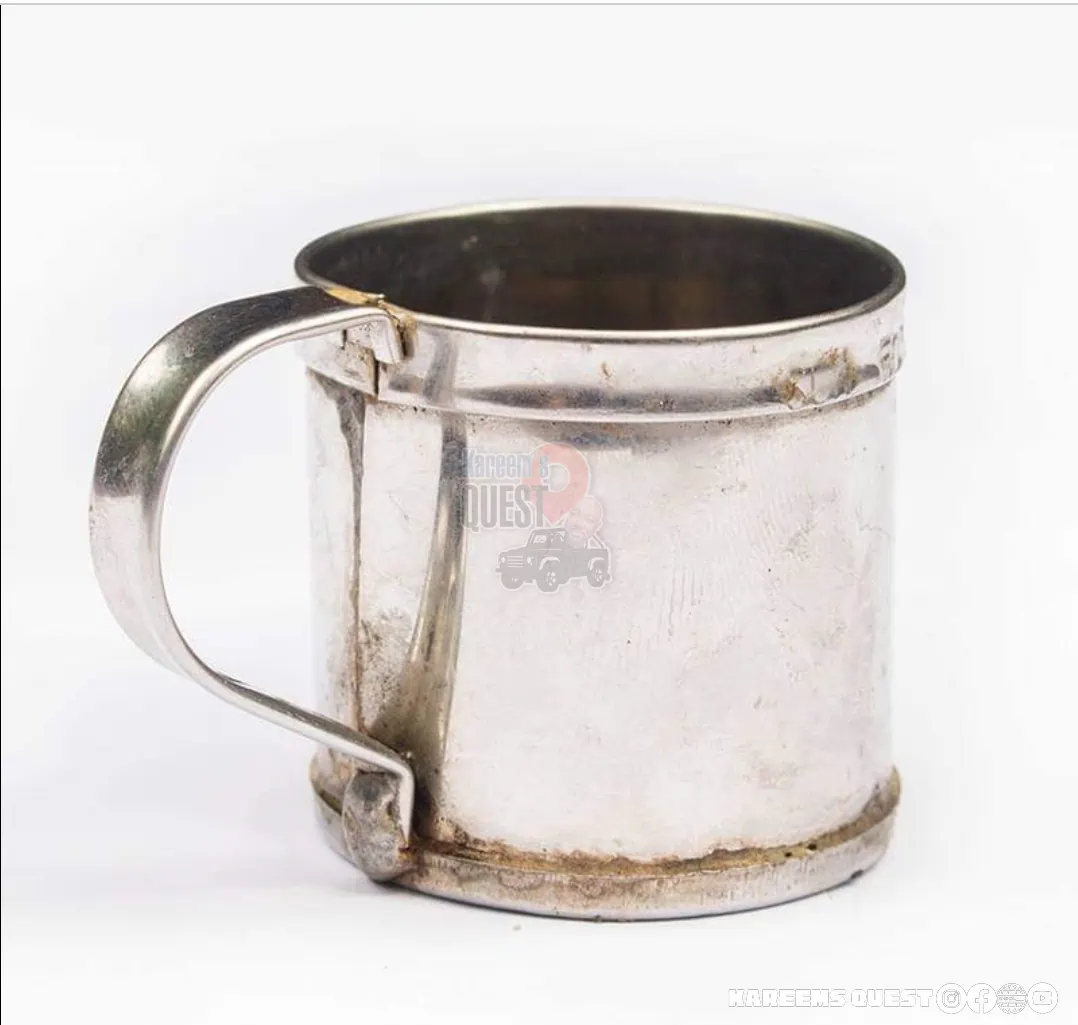
Another common item that we purchased was a big gill of oil. Quick side note, a gill is a measurement for liquid in the British Imperial system.
If you had behaved yourself, you would get extra money to buy Paradise plum or a mint ball. The paradise plum would be in a big jar and sometimes I would ask Miss Betty to sprinkle a little bit of the sugar, that was at the base of the jar, on the sweetie.
I would also save up to buy the green soldier or soldier lorry.
Question Your answer: Correct answer: Your Answers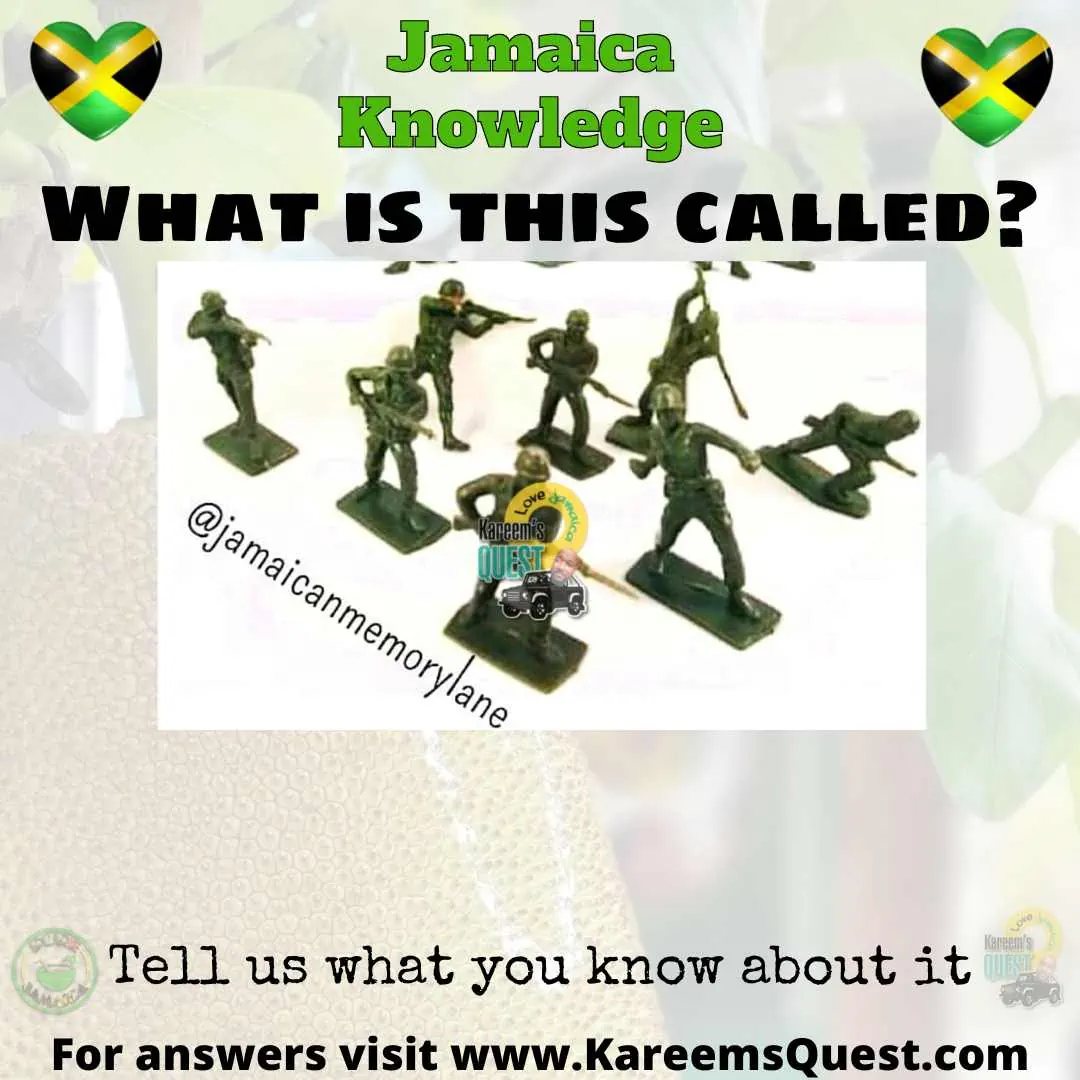
These were far more logical to purchase, than trying to win the big balloon, on the sticker, which was usually hung on the wall. I always felt like this game was rigged, because no one could get number 31.
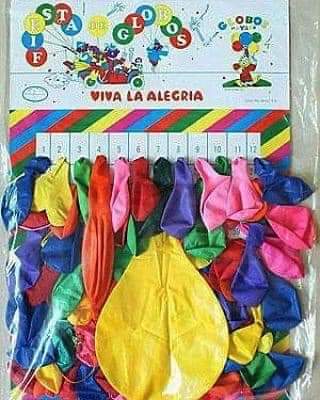
I remember when I won a medium-sized balloon and when I went home to blow it up, it had holes in it.
Question Your answer: Correct answer: Your Answers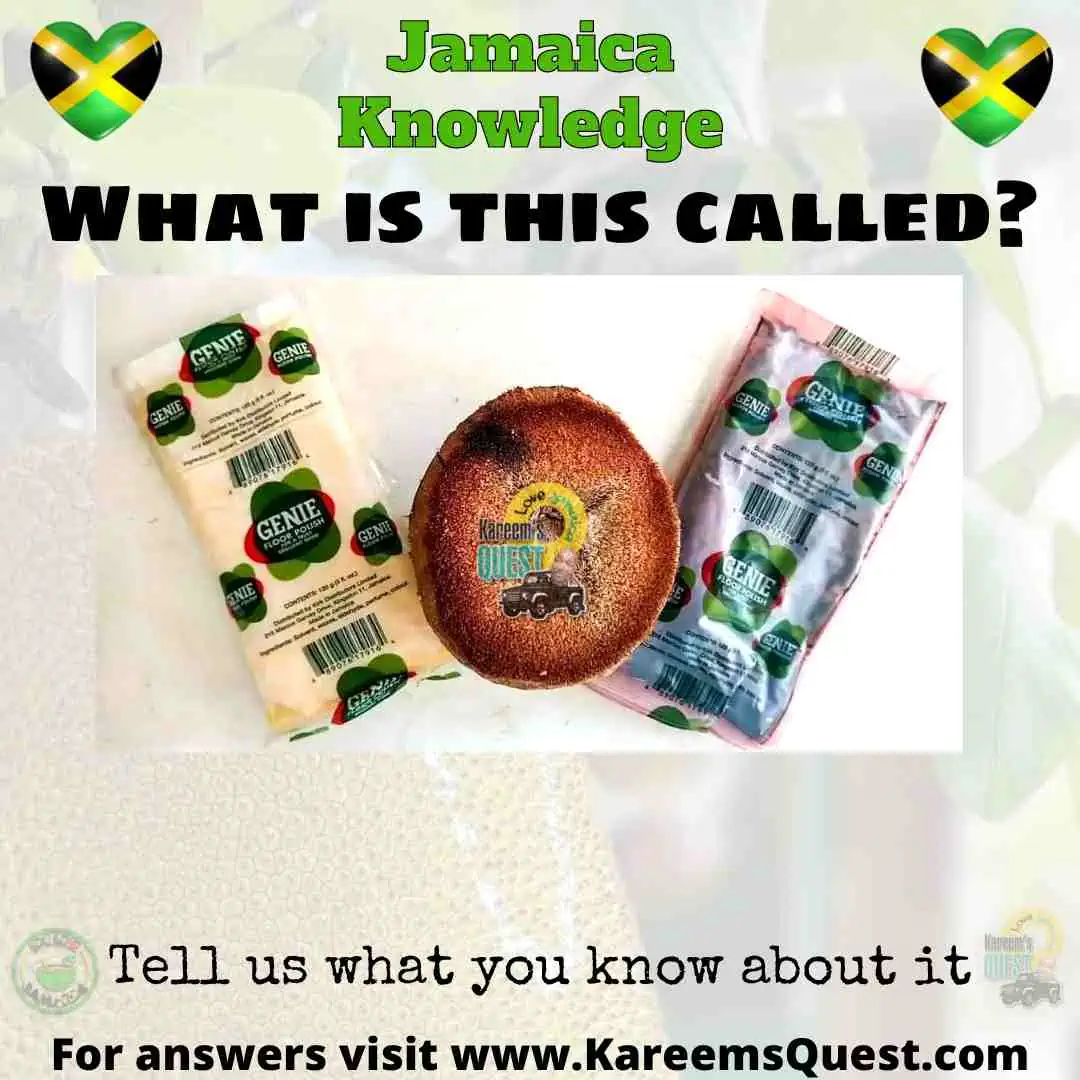
The shop is also where the Drop Hand man would stop and announce his winning numbers. This is a gambling game, where persons would choose numbers, especially based on dreams. The game was introduced to Jamaica by the earliest Chinese immigrant in the 1850’s.
Easy to Find
Due to its central location, the shop was also used as a landmark for most persons. If a stranger came to the community they would stay at the shop and send word to the person who they were trying to meet up with. It had its good and bad, because it also meant anyone at the shop could know your business. I remember, a senior relative of mine, reminiscing on how embarrassing it was to buy condoms.
Fun and Entertainment
Due to the buzzing economic activities at these places, they were also the ideal location for community dances. This is where a loud sound system would provide the music and a DJ would do the toasting. These ‘rub-a-dub’ dances would be jammed with patrons. Curried goat, made from ram-goat meat, and white rice was the order of the night. For us, the food was cooked outside on wood fire, and it would normally sell off in a short period of time.
There was also a bar adjoining the shop, where you would find a lot of the men drinking liquor, talking loudly and getting drunk. Some of them could hardly walk straight or find their way home, at the end of the night. I remember the story of this man who was crawling down the road, because he was so inebriated, he couldn’t walk home.
Undeniable Presence
Throughout the years the shop has remained a staple in the Jamaican community. It has served as a landmark, a gathering spot for community events and a convenience store for many families.
Many of these shopkeepers have watched us grow from little children to adults. For this reason many of us still remember the names of the deceased shopkeepers from our past.
Big Up Miss Betty!
Do you remember the name of your childhood shopkeeper? If so please state it and your community in the comment section below.

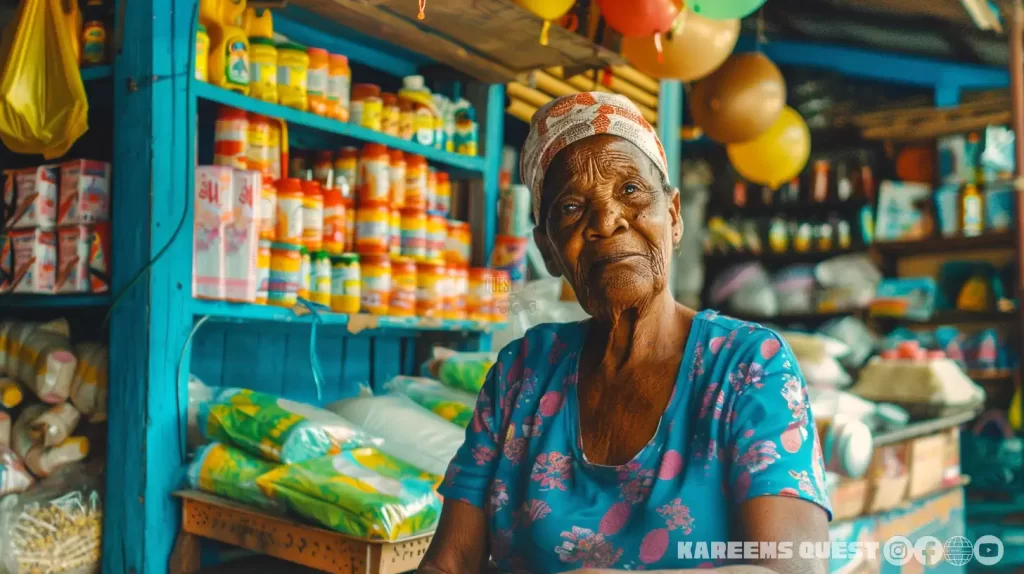


Shopkeepers, Ms. Sarah and Sister Tee. Nuts River.
Hi, which parish is this?
Big up ms enid shop
Lluidas vale st Catherine 😀😀
Nice to know you still remember the name of your corner shop person